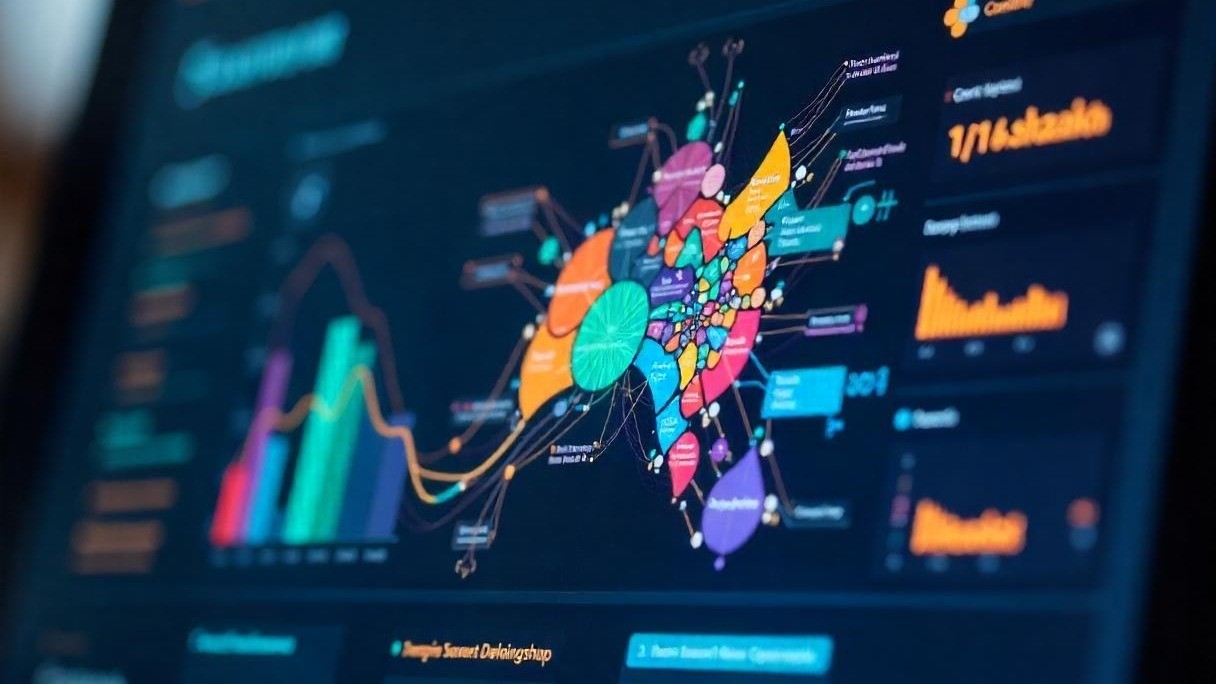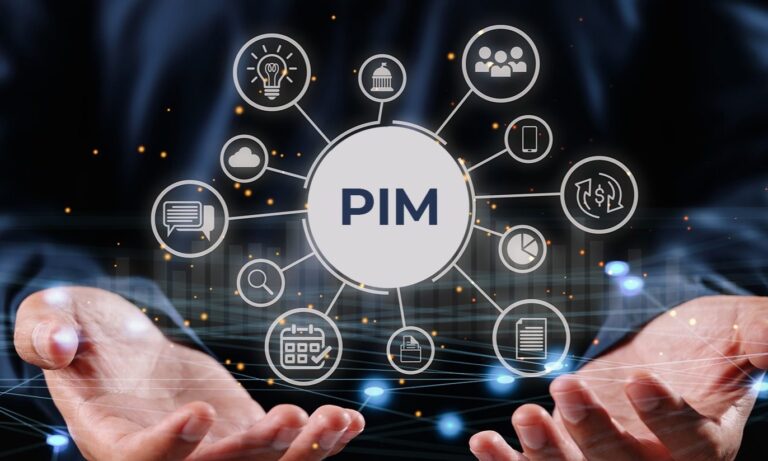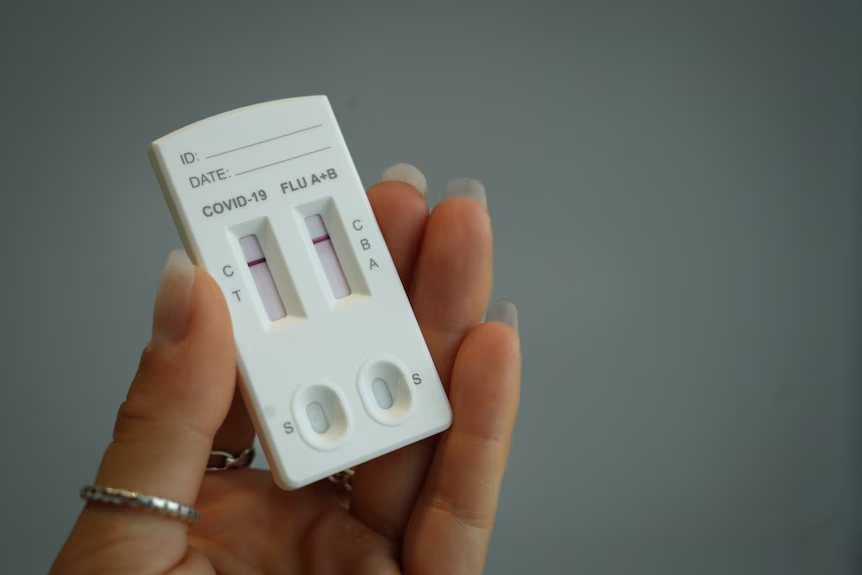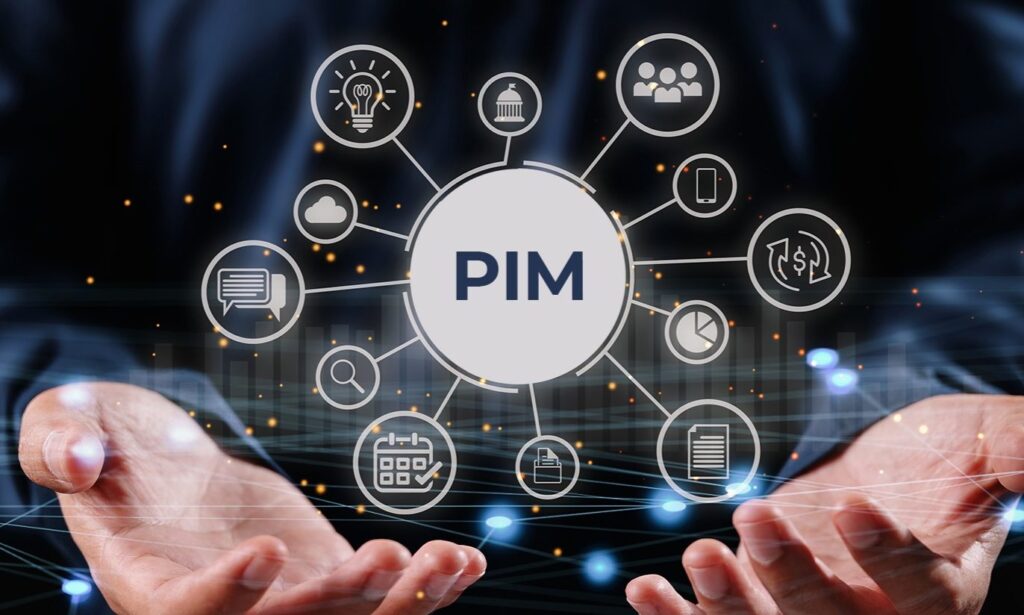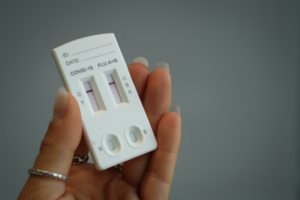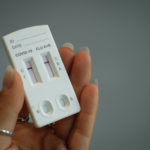The beverage industry is experiencing an era of transformation as new technologies continue to influence how we consume and interact with beverages. From sustainability to customized products, the advancement of technology and evolving consumer tastes are causing brands to create new products and services at a rapid pace.
These developments aren’t restricted to new flavor drinks but include packaging designs, manufacturing methods, and ultimately the customer experience. In the race to satisfy consumer demand and improve their product offerings, the world of beverages is changing in ways that are likely to impact the entire industry.
Table of Contents
1. Eco-Friendly Packaging Options
Sustainability has become a major issue in the world of beverages, especially when it comes to packaging. People are becoming more aware of the impact on the environment of single-use plastics and this change in perspective has prompted businesses to consider sustainable alternatives.
Recyclable aluminum cans, biodegradable bottles, and plant-based products are only a few of the new innovations that have popped up on the market. Companies are also exploring packaging that minimizes the overall quantity of materials employed, which results in less carbon footprint. Recycling less waste is not just beneficial to the environment, but can also be appealing to eco-conscious consumers who are making more buying choices based on the business’s environmental practices.
2. Intelligent Drinking Technology
Smart technology has revolutionized the way that consumers interact with drinks. One significant trend includes the use of smart devices and apps that provide real-time information about consumption patterns. For instance, smart water bottles connect to smartphones and provide users with reminders to drink water and track their intake of water during the course of their day.
The shift to data-driven consumption allows for more individualization as people can alter their drink choices in accordance with specific needs like health or fitness goals. Another new development is the appearance of beverage dispensers, which allow consumers to personalize their drinks as they wish. These systems, which are found in cafes, restaurants and even in homes, allow customers to manage everything from sweet levels to flavors.
3. Drinks for Health and Well-being
The health and wellness trend is significantly influencing the drinks industry. As more consumers are concerned about their health, the demand for drinks that have the benefits of functional use has increased. Companies are responding by creating drinks that contain minerals, vitamins, probiotics, adaptogens, and other nutrients that promote well-being overall.
These beverages that have a functional purpose are not limited only to juices and smoothies. They are observed across a variety of categories, such as teas and water, even carbonated drinks. The increasing popularity of low-calorie, sugar-free alternatives is also contributing to the rise of this industry. People who are concerned about their health are seeking drinks that offer hydration or nutrients without added sugars as well as artificial substances.
4. Tailored Drinking Experiences
Personalization is a growing factor in the beverage industry of beverages. The modern consumer wants items that meet their personal preferences, health goals, as well as lifestyle choices. Companies are investing in technologies that allow for greater flexibility, from personalized nutritional plans to drinks created according to individual tastes. The most significant advancements in this space is the growth of subscription-based beverage services that use information-driven insight to tailor drinks to the subscriber’s preferences.
Alongside flavor customization and flavor customization, the beverage industry is seeing innovations in packaging that allow for a more personalized experience. An excellent example can be seen on the official click cap website, on which consumers can look into a new closure system that improves accessibility and preserves it. This type of innovation reflects the increasing need for personalization and convenience and allows consumers to drink beverages that are not just personalized to their tastes but also designed for efficiency and sustainability.
5. Drinks Made from Plants
The increasing popularity of diets that are based on plants has a significant influence on the beverage industry. Alternative milks made from plants, like almond, oat, and soymilk, are popular in grocery stores and cafes. These alternatives aren’t only preferred by those who have restricted diets, like lactose intolerance, but also by those who are looking for healthier, more healthy and sustainable options. In addition to the plant-based milk, new innovations in teas, protein drinks made from plants and juices are beginning to emerge in the larger trend towards more plant-based nutrition. The market for beverages made from plants has expanded beyond milk substitutes, now including smoothies, energy drinks, and even alcohol substitutes made of plant-based, natural ingredients.
6. Alcohol-Free Drinks and Substitutes
One of the fastest-growing patterns in the industry of beverages is the growth in alcohol-free options. A growing number of consumers are choosing alcohol-free drinks as part of healthy lifestyles, and companies are responding with various innovative products that resemble the flavor and experience of traditional alcohol drinks but without alcohol. This has led to the development of non-alcoholic drinks wine, spirits, and wines which offer the same depth of flavor, which makes them popular at events and in eateries. The move to alcohol-free alternatives is part of a wider trend towards mindful drinking which is where people are choosing to limit their consumption of alcohol but not sacrificing the social aspects of drinking.
The latest innovations within the industry of beverages are changing the way that consumers interact with drinks starting with their packaging to the personalized experience they provide. Sustainable, intelligent technology as well as health and wellness and alternatives derived from plants are driving the transformation of the marketplace, making drinks more than just beverages. As businesses continue to develop the way they do business, consumers will witness more exciting innovations that reflect their values, lifestyles, and tastes.

